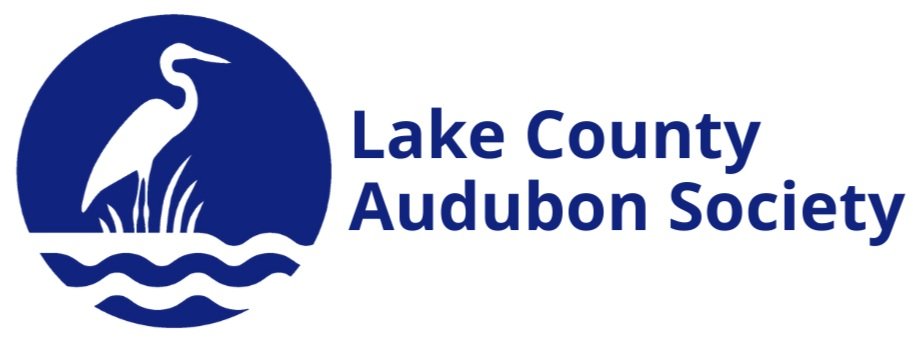
SHOREBIRDS ARE AT RISK
Shorebird populations have declined 70% in North America since the 1970s due to habitat loss, predation, climate change, and human disturbances. Shorebirds that nest on the beach do not have as much nesting habitat as they once did. Though they are adapted to survive extreme conditions on the beach, such as temperature and water level fluctuations, shorebirds can’t compete with humans for habitat unless we choose to help them. Waukegan’s unique beach and swale habitat is home to a large diversity of plants and wildlife - including threatened and endangered species - and is excellent habitat for a wide range of birds.
In 2017 and 2018 the Waukegan dunes were the only site in Illinois where the state-endangered Common Tern attempted to breed. Federally endangered Piping Plovers nested in Waukegan in 2018. There are only around 70 pairs of nesting Great Lakes Piping Plovers, so every nest counts. Unfortunately, beach-nesting birds can be easily flushed off their nests and separated from their young chicks by people and dogs too close to the nests. That leaves the young chicks exposed to many dangers including temperature stress and predation. If the disturbance is so severe or long, the parent birds may become too stressed to return to the nest and may abandon the eggs or chicks.
By protecting the specialized habitats shorebirds need, the birds have a chance to thrive once again. That’s not only good news for the birds and Waukegan’s birding economy, but also for our next generations. Today’s kids will be able to show their children the great-great-great grandchicks of these birds and share the same joy and wonder for years to come.
SHOREBIRDS ARE AT RISK
Shorebird populations have declined 70% in North America since the 1970s due to habitat loss, predation, climate change, and human disturbances. Shorebirds that nest on the beach do not have as much nesting habitat as they once did. Though they are adapted to survive extreme conditions on the beach, such as temperature and water level fluctuations, shorebirds can’t compete with humans for habitat unless we choose to help them. Waukegan’s unique beach and swale habitat is home to a large diversity of plants and wildlife - including threatened and endangered species - and is excellent habitat for a wide range of birds.
In 2017 and 2018 the Waukegan dunes were the only site in Illinois where the state-endangered Common Tern attempted to breed. Federally endangered Piping Plovers nested in Waukegan in 2018. There are only around 70 pairs of nesting Great Lakes Piping Plovers, so every nest counts. Unfortunately, beach-nesting birds can be easily flushed off their nests and separated from their young chicks by people and dogs too close to the nests. That leaves the young chicks exposed to many dangers including temperature stress and predation. If the disturbance is so severe or long, the parent birds may become too stressed to return to the nest and may abandon the eggs or chicks.
By protecting the specialized habitats shorebirds need, the birds have a chance to thrive once again. That’s not only good news for the birds and Waukegan’s birding economy, but also for our next generations. Today’s kids will be able to show their children the great-great-great grandchicks of these birds and share the same joy and wonder for years to come.

